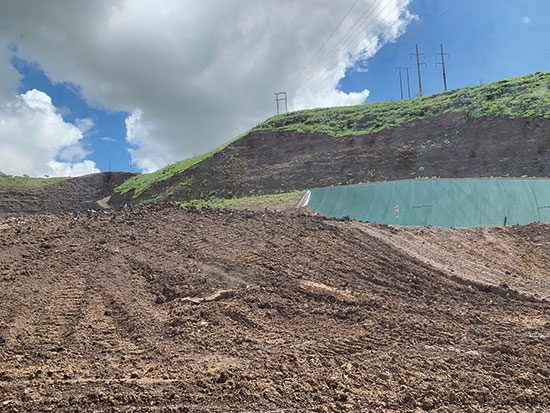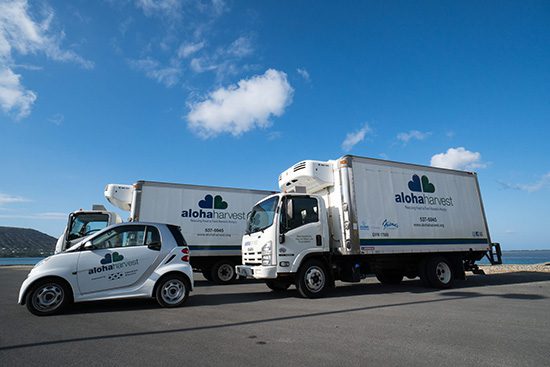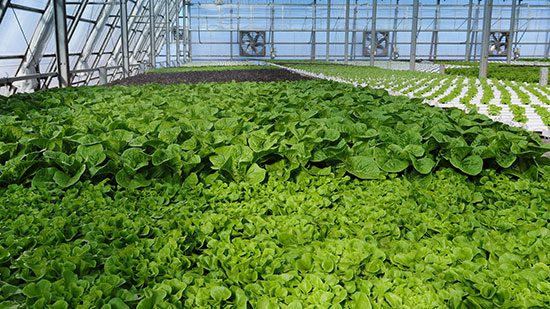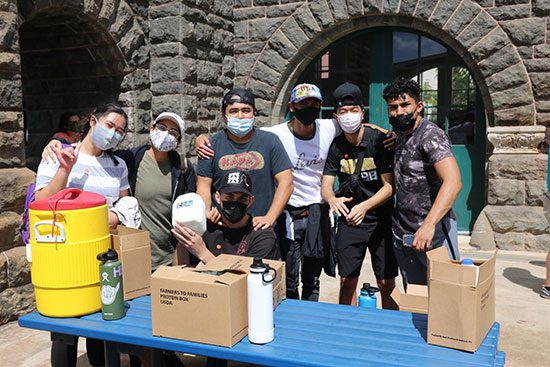
Many people are familiar with the three types of waste bins: gray for refuse, green for green waste and blue for mixed recyclables. While it’s fairly easy to determine what goes in the gray and green bins, the blue bin is where things start to get confusing.
Can plastic soap dispenser tops be recycled? How about that Starbucks cup? What about your dirty kitchen paper towels?
On Sept. 27, nine WCC students and sustainability committee members participated in the Tour de Trash, a free, state-run program that takes people around O‘ahu to visit the different stages of trash management, including wastewater and recycling, with the goal of encouraging people to better manage their waste.
Led by city and county recycling specialist Evan Bisho, the group first went to the RRR Recycling Center in Kapolei where our blue bins go.
Owner Dominic Henriques gave a tour of the facility while educating the group on how the public makes his job more difficult.
“Plastic bags are the #1 item that shouldn’t be recycled,” Henriques said.
Plastic bags can clog the sorting machines, which leads to delays in processing recyclables.
According to the website of Rubicon Global, a global waste and recycling company, “recycling contamination occurs when materials are sorted into the wrong recycling bin,” which can lead to materials being “rejected and sent to the landfill, resulting in a wasted recycling effort all together.”
The tour group then headed across the street where the trash that can’t be recycled is burned at the city’s H-POWER facility.
Bisho gave a presentation showing how H-POWER reduces waste by 90 percent and generates electricity from the process.
However, the byproduct of the energy production is ash, which is transported to the next destination on the tour: the Waimanalo Gulch Sanitary Landfill in Wai‘anae.
Once there, the tour group got into a van and was taken around the area by Tina Alder who manages the facility.
She talked about the final resting place of trash and how they control the methane that accumulates.
The final stop on the four-hour tour was Hawaiian Earth Recycling, which takes care of most of our green bins.
Sales representative Patrick Trazo educated the group on how the company turns green waste into compost.
Tour de Trash has been around for 21 years and gives six tours throughout the year.
More information on tour schedules and other programs can be found on the Department of Environmental Services website at opala.org.
by Jordan Bongolan, Special to Ka ‘Ohana





